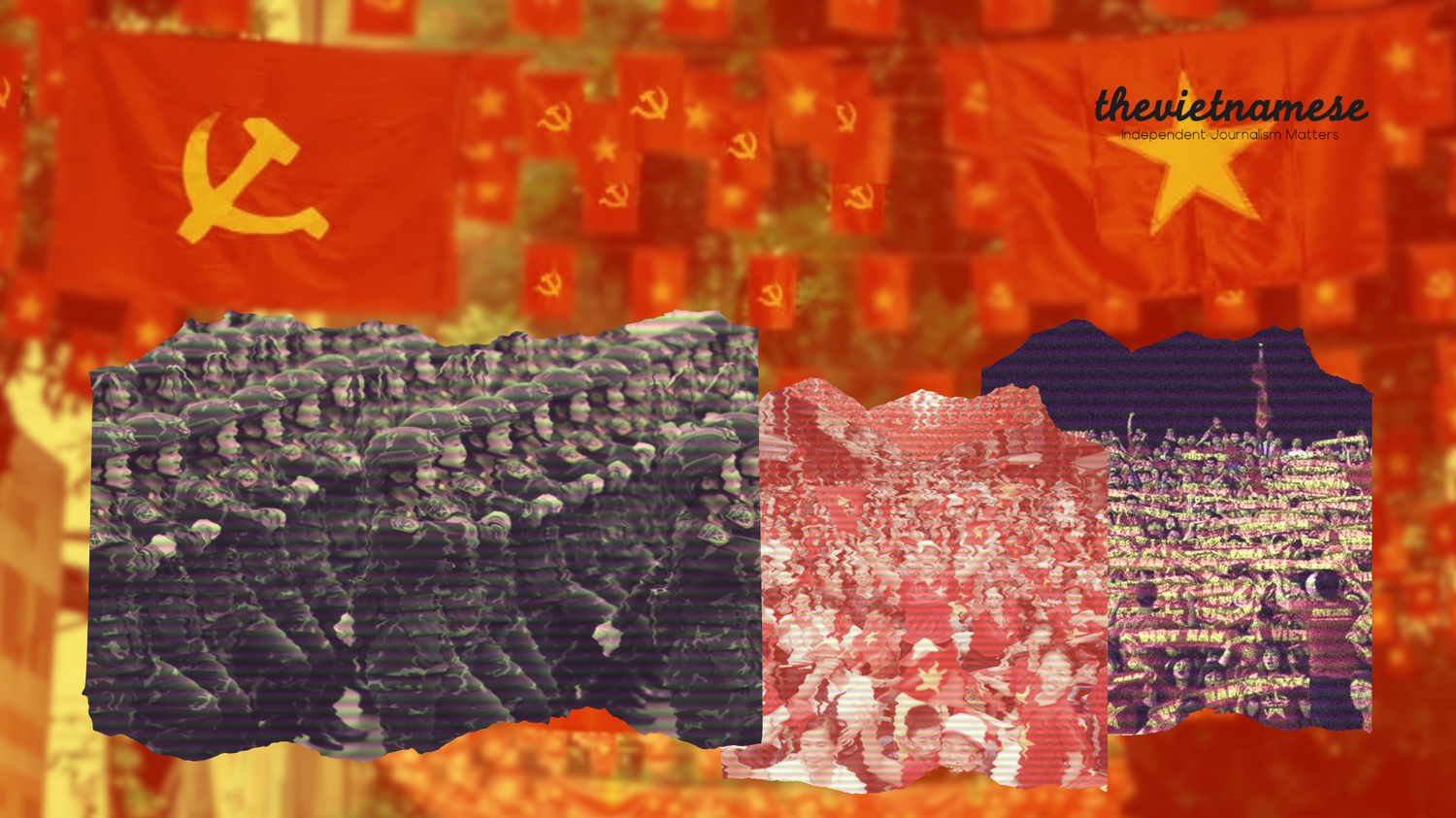The Patriotic Heart
Nineteen years ago, I sat on a bus in Singapore on its Independence Day, a new university student from Vietnam, surrounded by flags. The theme of those first weeks was clear: love of country and the duty of each individual to contribute to national development. A song played everywhere, its refrain repeating, “Count on me, Singapore, count on me to give my best and more.”
This patriotic spirit felt familiar. Growing up in Vietnam, my motivation to study abroad was to find a way to alleviate the hardships of my people. In Singapore’s national pride, I recognized my own desire to strive for the betterment of my homeland and for the country that was quickly becoming my second home.
This August, as Singapore marks its 59th anniversary, I’m reminded of how, in the years that followed that first impression, I began to learn what it meant to be Vietnamese in a different way.
Two Nations, Two Kinds of Patriotism
Beneath this surface similarity, I discovered a sharp difference. In Việt Nam, patriotism is bound to loyalty to the Communist Party; to be a patriot, one is expected to be faithful to the Party. State media portrays critics as traitors, and institutions from schools to workplaces all reinforce the formula: “Loyal to the Party, Love the country.”
In contrast, the love of country I witnessed in Singapore was never tied to a political party or allegiance to particular leaders; even historical figures were remembered for their contributions, but not to secure permanent political authority.¹ Politics never entered my lecture halls. Instead, national pride felt like a collective accomplishment, built on shared values of integrity, hard work, courtesy, and innovation. These were the principles that carried me into every community I joined, making me feel welcomed and that I belonged. To this day, I am proud to have lived in Singapore and to carry with me the values it taught me.
Learning to Ask Why
More than just values, Singapore gave me something that changed the course of my life: a critical mind. At university, I learned for the first time that I was expected to think critically and independently. I could question what I was told and would be supported in solving the problems that mattered to me.² This was unthinkable in my classrooms in Việt Nam, where I once challenged a physics teacher for mocking literature. For that, my parents had to apologize, and I was punished with a lower grade in Ethics.
The critical mind I gained in Singapore opened new horizons. Seeing how LGBT people were treated, I launched an initiative for greater acceptance. In response to the lack of transparency during the Formosa disaster, I gathered support for a research project to amplify the voices of protesters. More recently, in Europe, I have stood up against racial discrimination and begun a study on the state’s failure to provide affordable housing. A critical mind has given me a meaningful life, one that refuses to surrender to the fear of authority and, in doing so, gives something back to others.
A few years ago, I interviewed a Vietnamese protester who, like me, had studied in Singapore. He said his experience there gave him the courage to act. He described it this way:
“In Việt Nam, life was presented as simple binaries: good people versus bad people, right versus wrong. My role was only to accept what I was told. It felt like watching black-and-white TV. In Singapore, it was as though colour TV suddenly appeared. I realised life is complex, and I had to think for myself. What amazed me most was that I was not punished for questioning authority.”
The Future at Stake
The Vietnamese have always possessed a strong sense of patriotism; generations have endured war and poverty by holding on to the strength of their identity. Yet under Communist Party rule, that patriotism has been reshaped to serve power, binding love of country to loyalty to the Party.
My years in Singapore showed me another possibility: that patriotism can thrive when it is rooted in shared values and nurtured by independent thinking. It can inspire people to work for the collective good without fear of authority or submission to dogma. Singapore is not perfect, nor is it a model to be copied, but it offers a glimpse of what becomes possible when a society allows its people to think critically.
Việt Nam does not need to follow another country’s path, but it can learn from such lessons. If patriotism were freed from political loyalty, and if education truly nurtured independent minds, the result would be not only economic progress but a deeper humanism. The costs of failing to do so are already clear: unthinking obedience, intolerance of difference, the suppression of creativity, and the corrosion of solidarity into fear. A society without critical thought risks sliding into empty nationalism.
Some revolutions begin with politics. Others start with how people think and what they value each day. It is in that quiet revolution of the mind, one that strengthens both patriotism and humanity, that Việt Nam’s future may be found.
- Singapore’s political climate is not without constraints. Dissent has limits, and the ruling People’s Action Party has held power since independence. Yet, patriotism is not reduced to loyalty to a party, and education encourages values rather than slogans. This distinction was transformative for me.
- Singaporean students also live with boundaries, especially in political life. But compared with Vietnam, the space for questioning, debate, and problem-solving was vastly wider. That space shaped a generation of critical minds, mine included.

